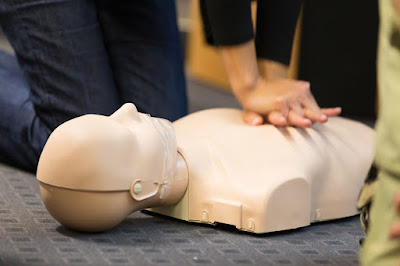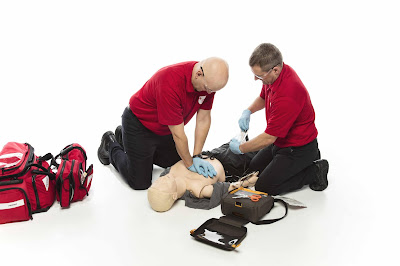The Essentials Of Remote First Aid: What You Need To Know?
Remote First Aid is a topic that has been getting more and more attention. The reason for this is that in the modern world, people are increasingly spending more time working remotely than ever before. As such, there is an increasing need to learn about how remote first aid can be used effectively in the event of an emergency.
Using the right equipment in remote locations
The right equipment for a remote location depends on the situation. In many cases, the standard first aid kit you may have at home will be sufficient to treat minor injuries. However, if there are more serious issues or you're dealing with an emergency situation, your kit may need to be supplemented with additional items.
For example: If someone is injured by falling into a river or lake and suffering hypothermia as a result of being submerged in water for too long, they'll need warming blankets or heat packs (and possibly even CPR) before moving them back onto land so that they can receive further treatment from paramedics or other medical professionals who have arrived on scene by then."
Identifying & treating common injuries
- Recognise the signs of a stroke. Stroke is one of the leading causes of death in Australia and can be prevented if treated quickly. Strokes cause part or all of your brain to stop working properly. The symptoms include sudden weakness or numbness on one side of your body, slurred speech and difficulty understanding what others are saying to you.
- Treat snake bites by removing any rings from around the affected area as they may constrict circulation; apply firm pressure with a bandage; immobilise the limb below heart level; get immediate medical attention if there are signs such as rapid breathing, nausea/vomiting etc.; keep calm as panic increases blood flow which may worsen damage caused by venomous snakes' toxins
Making an injured person more comfortable
You should make sure that the injured person is warm and comfortable. You can also help them by making sure they are breathing properly, as well as having enough water to drink.
If you are treating a small wound, such as a cut or burn, then it is best to wash your hands before beginning treatment in order to avoid cross contamination.
You should always try and keep calm when dealing with an injury; this will help both yourself and the victim feel less stressed out than if someone were panicking around them!
There is no doubt that remote first aid is a challenging and rewarding field of work. It's important to know how to treat common injuries in remote locations, such as cuts and bruises, but also more serious issues like broken bones or concussions. The key thing is that before you head out into the wilderness or onto an expedition, make sure your supplies are up-to-date so they can help keep your team safe!




Comments
Post a Comment